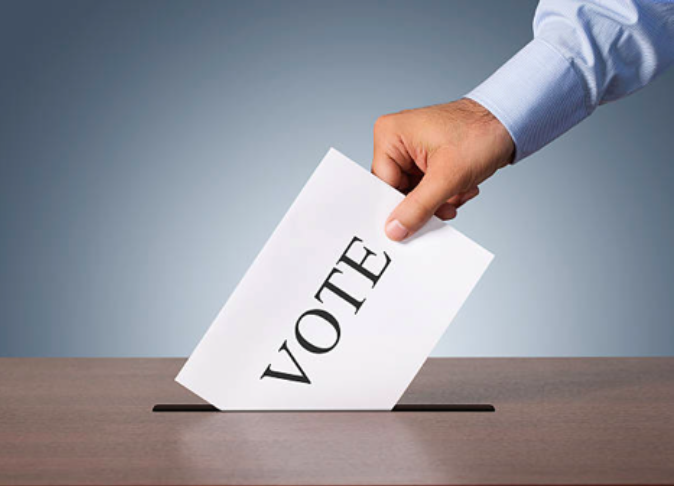Three ballot questions: What they mean for Massachusetts
December 6, 2018
On November 8th, voters across the United States took to the polls to vote in their elections.
In Massachusetts, perhaps the most talked about part of the ballot were the three questions at the end.
These three questions involved very controversial topics including nurse to patient ratios, a citizens’ commission and transgender rights.
Question 1 was a question that was strongly pushed for on both ends.
According to the Ballot Section of the Massachusetts website, this question “would limit how many patients could be assigned to each registered nurse in Massachusetts hospitals and certain other health care facilities.”
While the number of patients differs based on what part of a hospital, this would set a cap for a number of patients and make it mandatory to post these limits in a visible place in the hospital.
Hospitals would also be required to develop a method of determining if the patient limits should be lower based on the situation. If a hospital fails to comply to this, they will be fined up to $25,000 per day.
Before this bill was proposed, only the intensive care unit had regulations like this. Many people were worried that this bill would lead to the closure of small hospitals.
This was arguably the most talked about question.
Kadeejo Williams, a sophomore nursing major at American International College said, “I hoped the vote is a no on the first question regarding nursing ratios. Massachusetts is fourth in medical care in the United States, the nurses are a big part of that. Nurses are helpful with their patients and with other nurses.
“If the vote were to pass, then once a nurse reaches her max amount of patients, regardless of their state whether critical or not they are unable to help another nurse who has all critical patients. That would leave nurses overwhelmed,” Williams noted.
The final poll results for Question 1 were 70.38% No and 29.62% Yes. This means that this bill did not pass and there were no changes in current laws. In total, over $36 million was spent on advertisements and campaigning with over two-thirds of this money for the “No” vote.
Question 2 was not talked about as much as the rest.
Question 2 “would create a citizens commission to advance an amendment to the United States Constitution to limit the influence of money in elections and establish that corporations do not have the same rights as human beings,” according to the Ballot Section of the Massachusetts website. This bill would create regulations on corporations. This committee would be consisted of fifteen people an anybody who lives in Massachusetts and is a United States citizen would be able to apply for appointment.
“The Governor, the Secretary of the Commonwealth, the state Attorney General, the Speaker of the state House of Representatives, and the President of the state Senate would each appoint three members,” said the Ballot Section of the Massachusetts website.
The final poll results for Question 2 was 71.35% Yes and 28.65% No. This means that the committee will be created. Almost $200,000 was spent campaigning for this question with 100% of this for the “Yes” vote.
Question 3 was talked about a lot, especially with regards to school bathrooms.
According to the Ballot Section of the Massachusetts website, “This law prohibits discrimination based on gender identity in a person’s admission to or treatment in any place of public accommodation. The law requires any such place that has separate areas for males and females (such as restrooms) to allow access to and full use of those areas consistent with a person’s gender identity. The law also prohibits the owner or manager of a place of public accommodation from using advertising or signage that discriminates on the basis of gender identity.”
This means that people can use whichever bathroom corresponds to their gender identity.
The final poll results for Question 3 was 67.77% Yes and 32.23% No. This means that the bill passed and people can use the bathroom that adheres to their gender identity. Over $5 million was spent to campaign for this question with about 90% going towards a “Yes” vote.
In total, over $41 million was spent on campaigning for the three ballot questions, which does not even include campaign spending for candidates.



